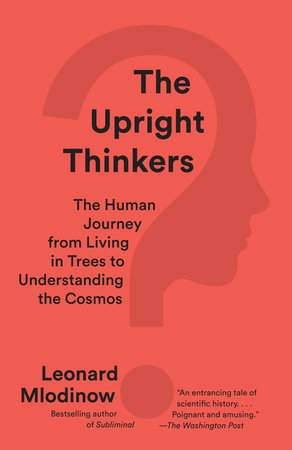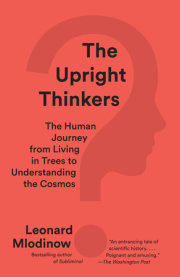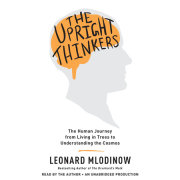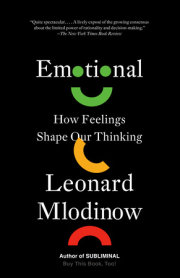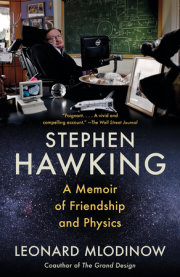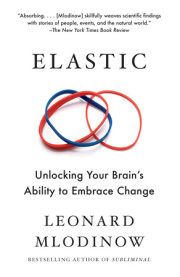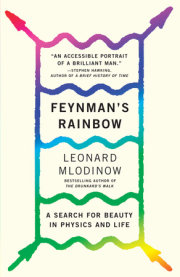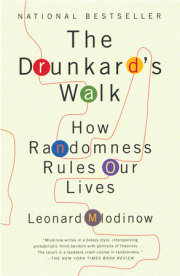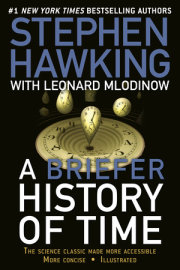1 Our Drive to Know My father once told me of an emaciated fellow inmate in the Buchenwald concentration camp who had been educated in mathematics. You can tell something about people from what comes to mind when they hear the term “pi.” To the “mathematician” it was the ratio of the circumference of a circle to its diameter. Had I asked my father, who had but a seventh-grade education, he would have said it was a circle of crust filled with apples. One day, despite that gulf between them, the mathematician inmate gave my father a math puzzle to solve. My father thought about it for a few days but could not master it. When he saw the inmate again, he asked him for the solution. The man wouldn’t say, telling my father he must discover it for himself. Sometime later, my father again spoke to the man, but the man held on to his secret as if it were a hunk of gold. My father tried to ignore his curiosity, but he couldn’t. Amid the stench and death around him, he became obsessed with knowing the answer. Eventually the other inmate offered my father a deal—he would reveal the puzzle’s solution if my father would hand over his crust of bread. I don’t know what my father weighed at the time, but when the American forces liberated him, he weighed eighty-five pounds. Still, my father’s need to know was so powerful that he parted with his bread in exchange for the answer.
I was in my late teens when my father recounted that episode, and it made a huge impact on me. My father’s family was gone, his possessions confiscated, his body starved, withered, and beaten. The Nazis had stripped him of everything palpable, yet his drive to think and reason and know survived. He was imprisoned, but his mind was free to roam, and it did. I realized then that the search for knowledge is the most human of all our desires, and that, different as our circumstances were, my own passion for understanding the world was driven by the same instinct as my father’s.
As I went on to study science in college and after, my father would question me not so much about the technicalities of what I was learning, but about the underlying meaning—where the theories came from, why I felt they were beautiful, and what they said about us as human beings. This book, written decades later, is my attempt, finally, to answer those questions.
***
A few million years ago, we humans began to stand upright, altering our muscles and skeletons so that we could walk in an erect posture, which freed our hands to probe and manipulate the objects around us and extended the range of our gaze so that we could explore the far distance. But as we raised our stance, so too did our minds rise above those of other animals, allowing us to explore the world not just through eyesight but with our thoughts. We stand upright, but above all, we are thinkers.
The nobility of the human race lies in our drive to know, and our uniqueness as a species is reflected in the success we’ve achieved, after millennia of effort, in deciphering the puzzle that is nature. An ancient, given a microwave oven to heat his auroch meat, might have theorized that inside it was an army of hardworking, pea-size gods who built miniature bonfires under the food, then miraculously disappeared when the door was opened. But just as miraculous is the truth—that a handful of simple and inviolable abstract laws account for everything in our universe, from the workings of that microwave to the natural wonders of the world around us.
As our understanding of the natural world evolved, we progressed from perceiving the tides as being governed by a goddess to understanding them as the result of the gravitational pull of the moon, and we graduated from thinking of the stars as gods floating in the heavens to identifying them as nuclear furnaces that send photons our way. Today we understand the inner workings of our sun, a hundred million miles away, and the structure of an atom more than a billion times smaller than ourselves. That we have been able to decode these and other natural phenomena is not just a marvel. It also makes a gripping tale, and an epic one.
Some time ago, I spent a season on the writing staff of the television series Star Trek: The Next Generation. At my first story meeting there, at a table populated by all the show’s other writers and producers, I pitched an idea for an episode that excited me because it involved the real astrophysics of solar wind. All eyes were focused on me, the new guy, the physicist in their midst, as I enthusiastically detailed my idea, and the science behind it. When I was done—the pitch had taken less than a minute—I looked with great pride and satisfaction at my boss, a gruff, middle-aged producer who had once been an NYPD homicide detective. He stared at me for a moment, his face strangely unreadable, and then he said with great force, “Shut up, you f—king egghead!”
When I got over my embarrassment, I realized that what he was so succinctly telling me was that they had hired me for my storytelling abilities, not to conduct an extension school class on the physics of stars. His point was well taken, and I have let it guide my writing ever since. (His other memorable suggestion: if you ever sense that you are going to be fired, turn down the heat on your swimming pool.)
In the wrong hands, science can be famously boring. But the story of what we know and how we know it isn’t boring at all. It is supremely exciting. Full of episodes of discovery that are no less compelling than a Star Trek episode or our first trip to the moon, it is peopled by characters as passionate and quirky as those we know from art and music and literature, seekers whose insatiable curiosity took our species from its origins on the African savanna to the society we live in today.
How did they do that? How did we go from a species that had barely learned to walk upright and lived off whatever nuts and berries and roots we could harvest with our bare hands to one that flies airplanes, sends messages instantly around the globe, and re-creates in enormous laboratories the conditions of the early universe? That is the story I want to tell, for to know it is to understand your heritage as a human being.
Copyright © 2015 by Leonard Mlodinow. All rights reserved. No part of this excerpt may be reproduced or reprinted without permission in writing from the publisher.

